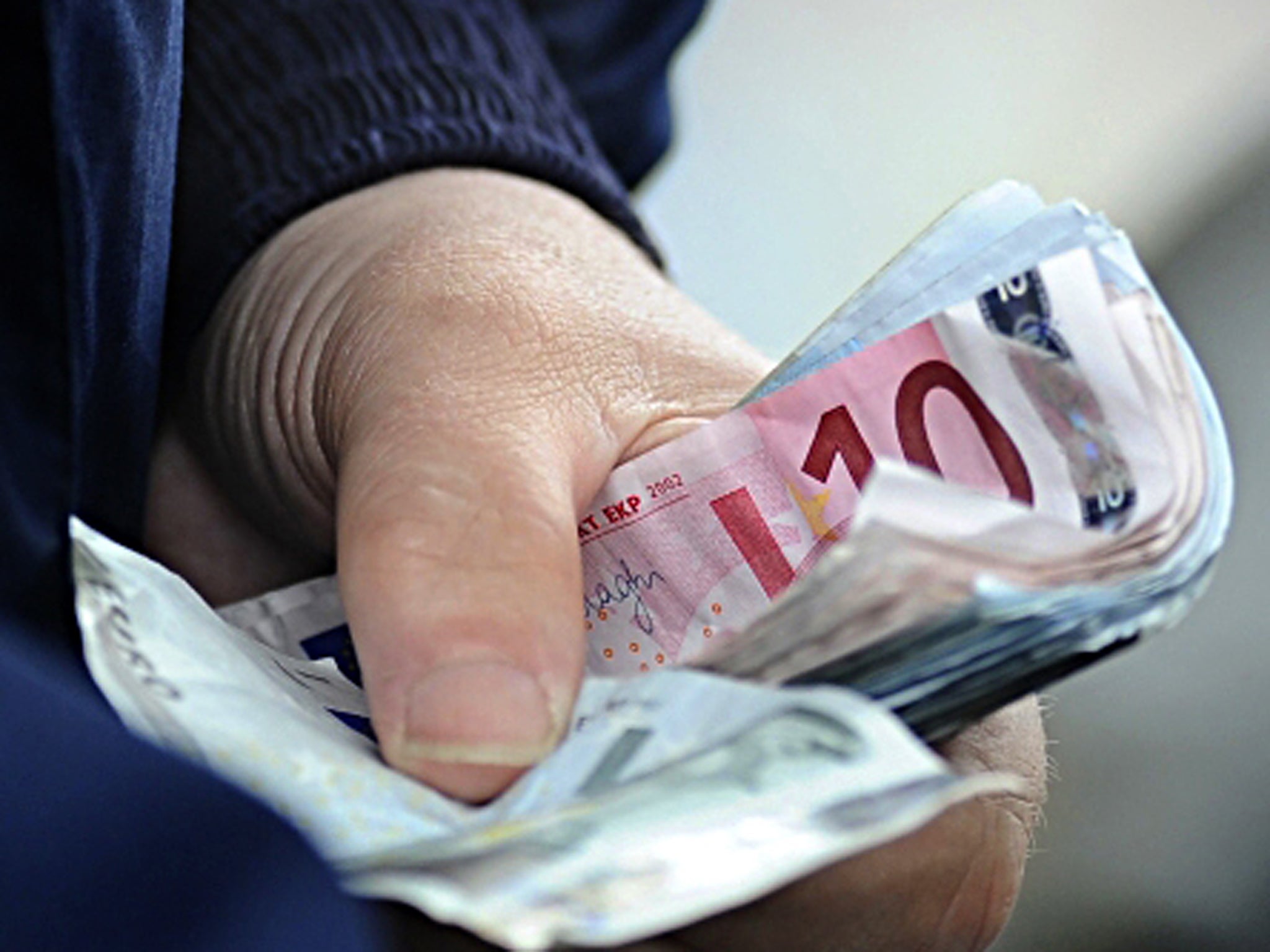Is it worth holding out for an improved sterling-euro exchange rate?
Q&A travel unravelled

Q. I am travelling to the Canaries in December. The exchange rate for euros at Sainsbury's and the Post Office is €1.14. Do you think waiting until nearer the time is a good idea? Esther Edwards
A. The short answer to your question is: who knows? The longer answer: exchange rates are determined by a wide range of economic factors, with the holidaymaker at the mercy of the markets. In the 11 years since euro notes started circulating, the value of the pound has varied widely – most noticeably in 2008, when the pound collapsed from €1.40 to parity (ie £1 = €1) in less than a year. Anyone who bought dollars in 2007 and euros in 2008, then sold them at the start of 2009, is probably enjoying an affluent retirement.
Since then, there has not been the same degree of fluctuation in the sterling/euro rate, but predicting whether the rate will improve, deteriorate or stay the same is fraught with uncertainty. The prudent option, to minimise the risk of extreme movements, is to buy half your euros now and half nearer the time. But do a bit of work and you can easily improve upon the "walk-up" rate offered by enterprises such as Sainsbury's and the Post Office.
Forget about the complexities of commission rates; the only question to ask is, "How much, in sterling, will you charge for €500 (or however much you plan to buy)?".
A 10-minute trawl up and down the high street, comparing supermarkets with travel agents with the Post Office will result in some very different answers (you are looking to pay less than £439, which is what you have been quoted with a rate of €1.14).
Compare this also with online delivery services, such as those offered by Travelex and ICE; even with the cost of "postage and packing," you may be better off. If you are within reach of an ICE office, for example in London or Glasgow, check out the firm's rates if you print out a voucher at home.
Finally, for a second tranche of your holiday money, consider the "buy online, pick up at the airport" deals offered by providers such as American Express and Moneycorp. But under no circumstances should you be a "walk-up" customer at an airport bureau de change. Last time we looked, Moneycorp (which has a near-monopoly at Gatwick) was offering a measly €1.05 for £1.
Join our commenting forum
Join thought-provoking conversations, follow other Independent readers and see their replies
Comments